Mhairi Cormack’s path to becoming a development worker with Clued Up, a youth-focused drug and alcohol service in Fife, is far from conventional.
What began as a passion for art in Dundee, quickly evolved into a career dedicated to helping young people facing the challenges of substance misuse and chaotic home lives.
Originally from Glasgow, Mhairi, now 27, moved to Dundee in 2014 to study fine art at Duncan of Jordanstone College of Art & Design.
During her time there, she took an unexpected turn by setting up a support group for adults struggling with heroin addiction.
Through art, she helped participants channel their experiences into creative outlets.
She also sparked a deeper interest in supporting those affected by substance misuse.
“Working with adults in the community showed me the complexities of addiction,” she recalls.
“But I found that helping them overcome long-term substance misuse was incredibly challenging.
“It was rare to see significant change in adults who had been using drugs for years.
“But with young people, you could see transformation much more quickly, which is why I was drawn to this work.”
What did Mhairi Cormack do after graduating as a Dundee art student?
After graduation in 2018, Mhairi went on to work in various schools and community programmes, including running a community centre in Whitfield, Dundee.
The centre offered a range of services, including a foodbank and a drug rehabilitation programme.
But Mhairi’s focus was always on early intervention and prevention.
Her experience working with young people who were still at a crossroads in life solidified her desire to become a youth worker, where she felt she could make the most impact.
What does Mhairi do at Clued Up?
In her current role at Kirkcaldy-based Clued Up Project, which recently featured in The Courier, Mhairi works in North East Fife and Glenrothes.
She provides outreach services to young people aged 12 to 25 who are either directly affected by substance use or exposed to it in their homes.
Her team’s focus is on harm reduction.
She educates young people about the risks of drugs and helping them make informed choices, rather than simply telling them to “just say no.”
“What we do is about education, not just stopping young people from using drugs,” she says.
“We teach them about safe practices if they choose to use, such as not sharing drugs, buying from a reliable source, and knowing the contents of what they’re taking.
“It’s not always popular, especially with parents or schools, but it’s about reducing harm and preventing deaths.”
Building trust and importance of one-to-one relationships
Clued Up’s outreach services include a mobile van that visits hotspots where young people are known to congregate, providing information and support in the community.
These visits have proved invaluable in reaching those who might not engage with traditional services.
“Many of the young people we work with are school non-attenders, so we meet them where they are – sometimes in a coffee shop, other times in their homes or on the street.
“The key is building trust and making them feel safe enough to talk,” she adds.
As part of Clued Up’s team, she coordinates with schools, social workers, and other community services to ensure that young people get the support they need.
The reward of her work is evident in the success stories she witnesses.
Mhairi experienced impact of alcoholism in family growing up in Glasgow
Growing up in Glasgow, Mhairi was no stranger to the impact of substance misuse.
Her grandfather struggled with alcoholism, and she often witnessed the ripple effects it had on families.
People who struggle with addiction often have painful backstories, including childhood trauma or abuse.
“It’s about understanding the whole person, not just the addiction,” she says.
Mhairi’s work with Clued Up allows her to offer support during the most vulnerable times of a young person’s life.
Her compassion, combined with her deep understanding of substance misuse and its roots in social issues, has made her an invaluable part of the team.
While there is still much work to be done, her optimism and passion for early intervention shine through.
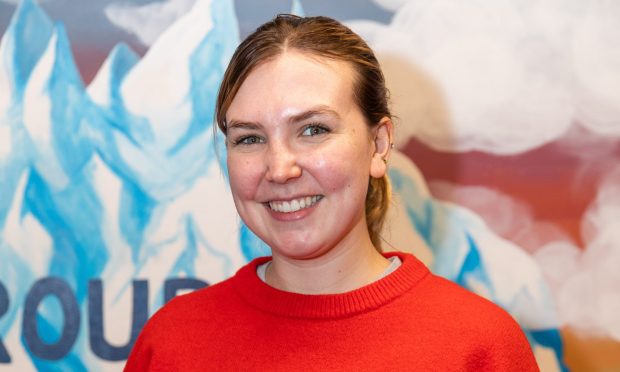
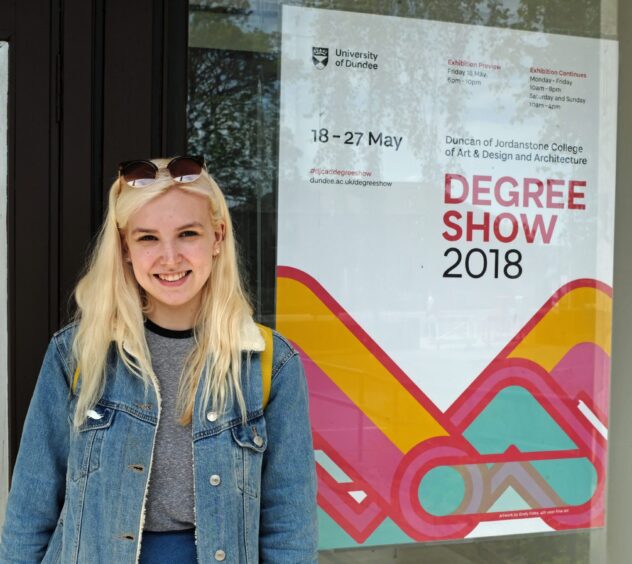
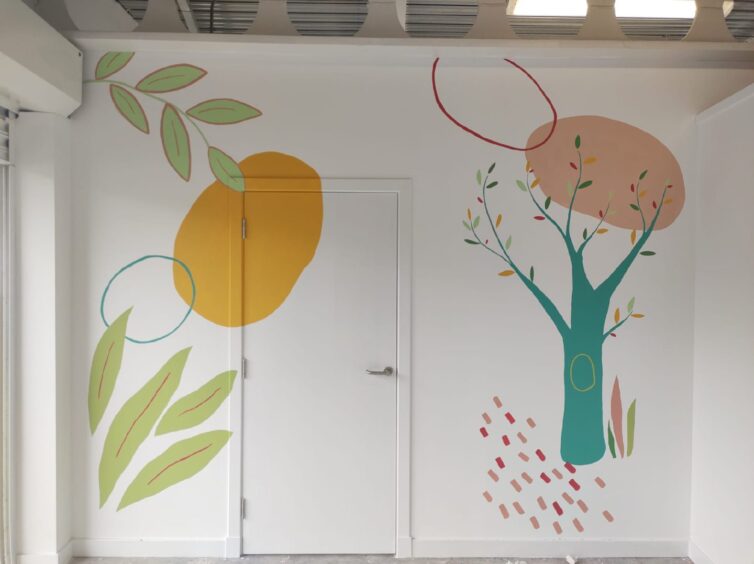
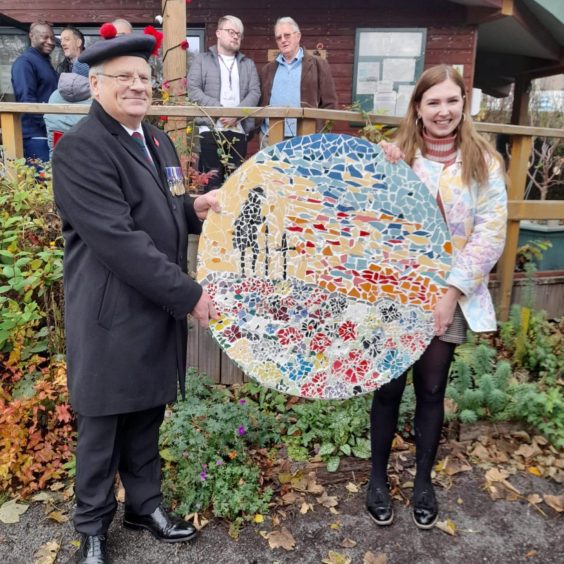
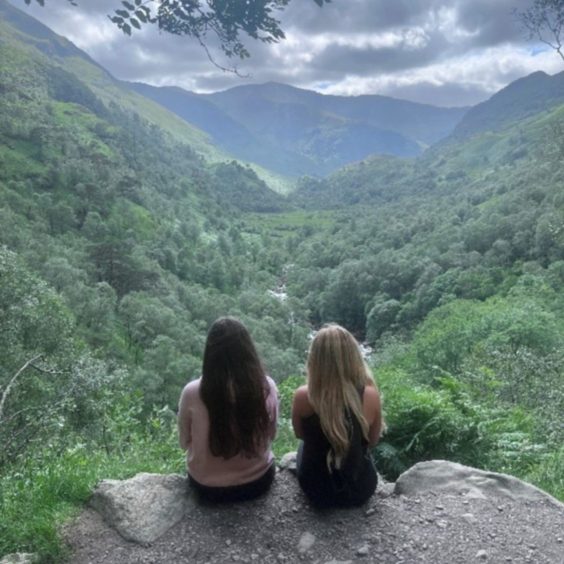
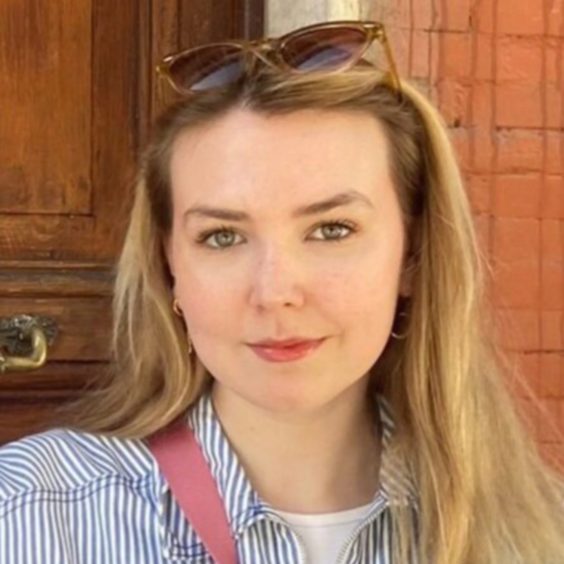
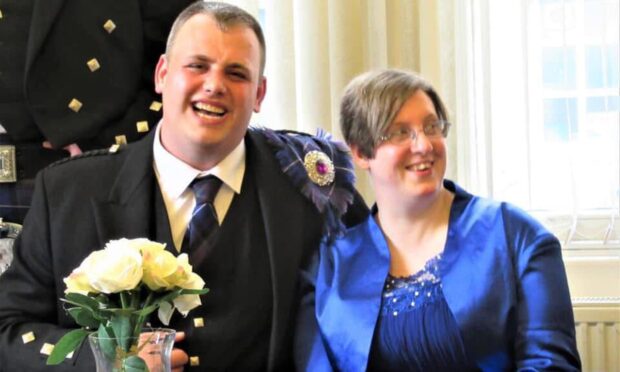
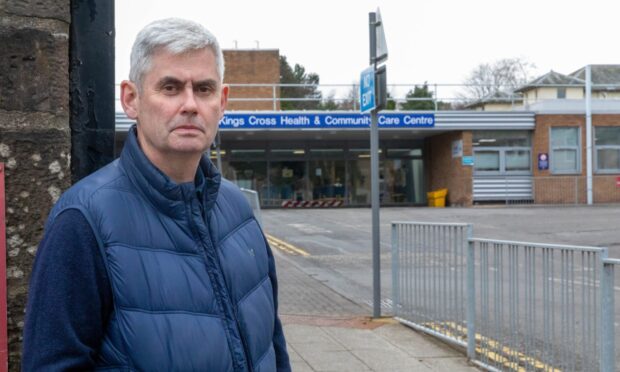
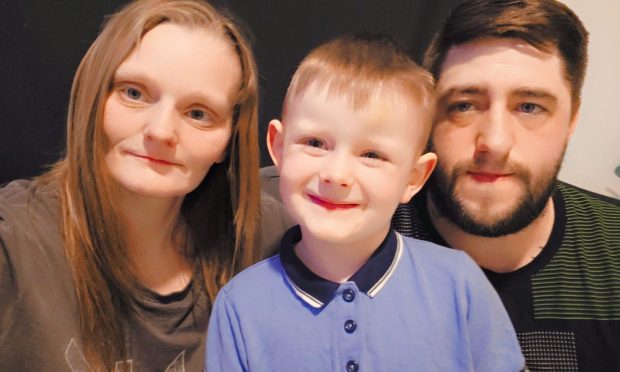
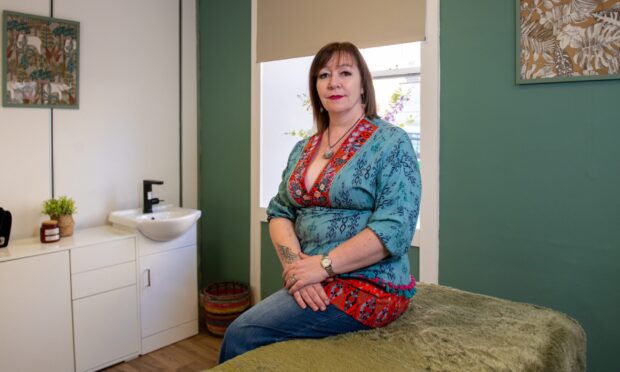
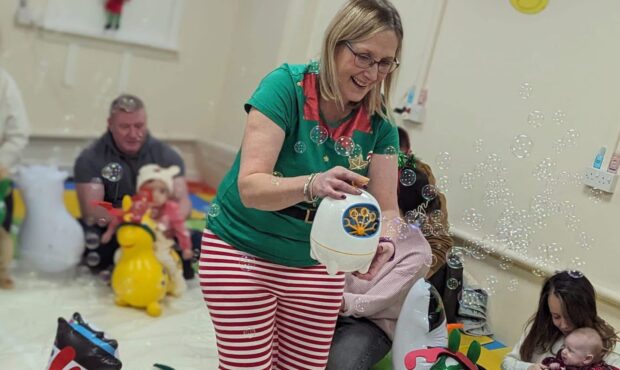
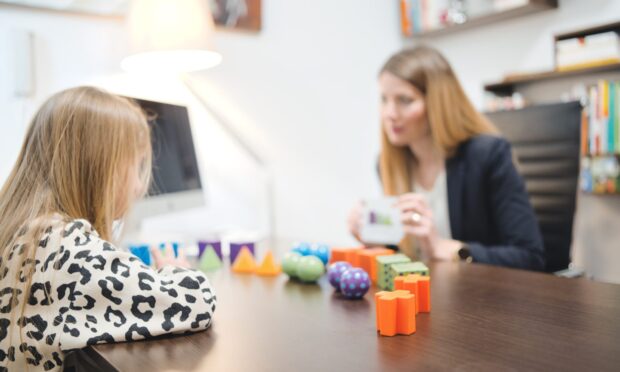
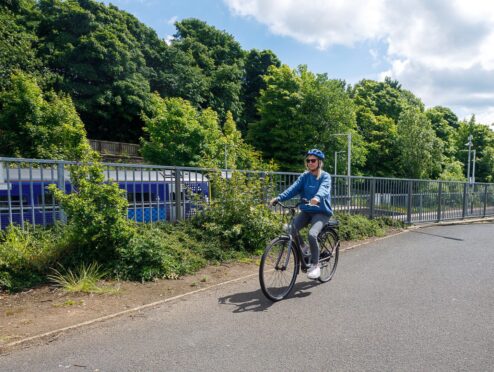


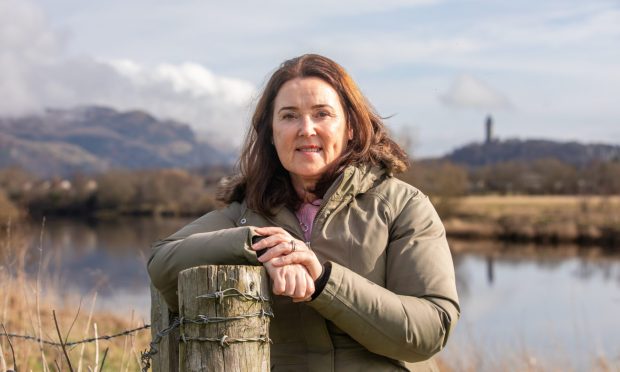
Conversation